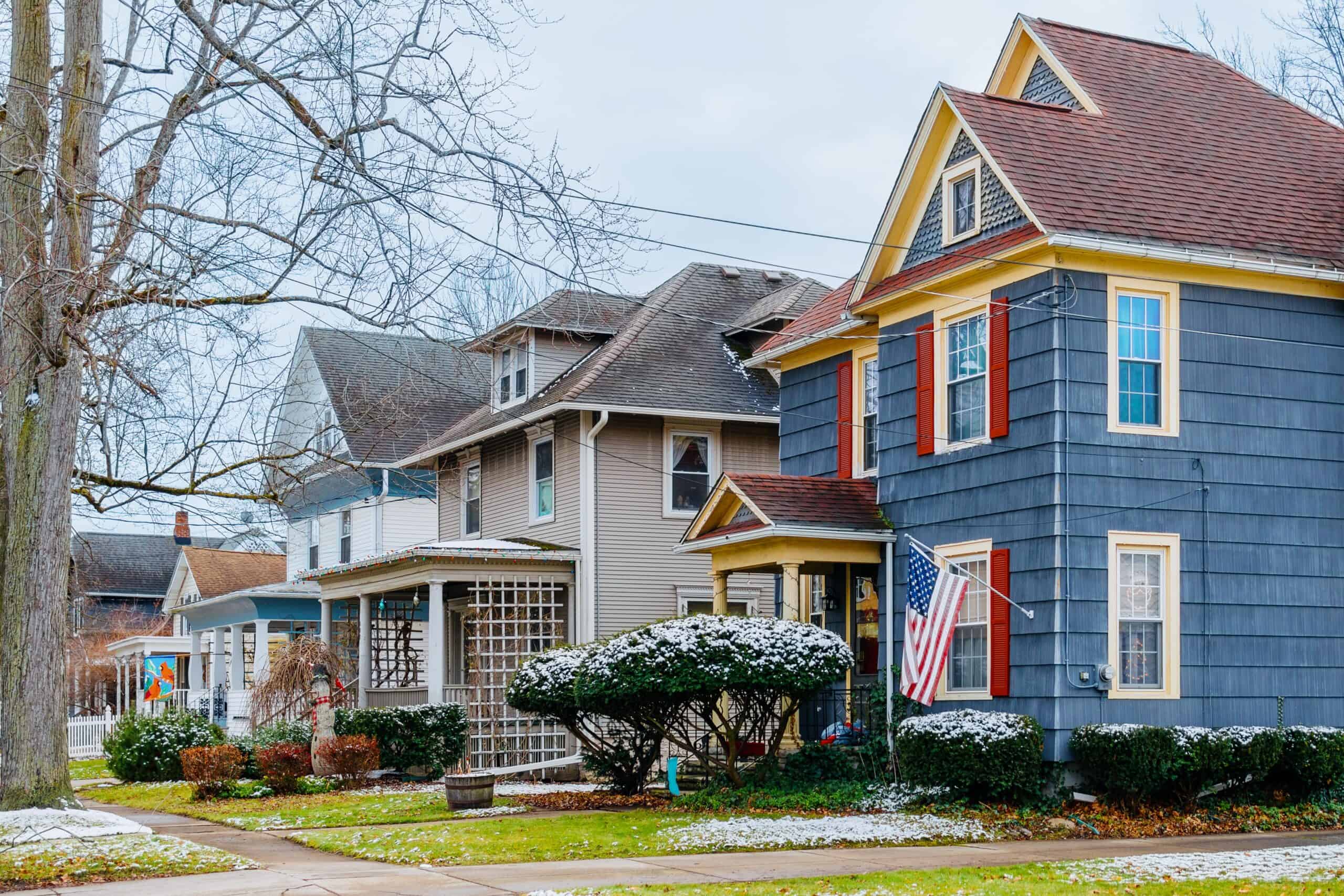
As home prices spike and owning a home becomes out of reach for more and more Americans, many are turning their homes into spots where their children or parents can live. If wages don’t keep up with interest rates and home values, it’s extremely difficult for millennials and Gen Zers to purchase homes. To address this issue, many add an accessory dwelling unit (ADU) to their home. Don’t know what that is? We’ll walk you through the details and help you decide if it’s beneficial to you to add an ADU.
Buying a home is a huge investment, and any additions or changes to it should be carefully considered. Don’t pour thousands of dollars into something that won’t provide a return on the investment. Because changes in the economy can affect city policy when it comes to alternative living spaces, make sure you know what you’re doing before you get started.
Why Are We Covering This?
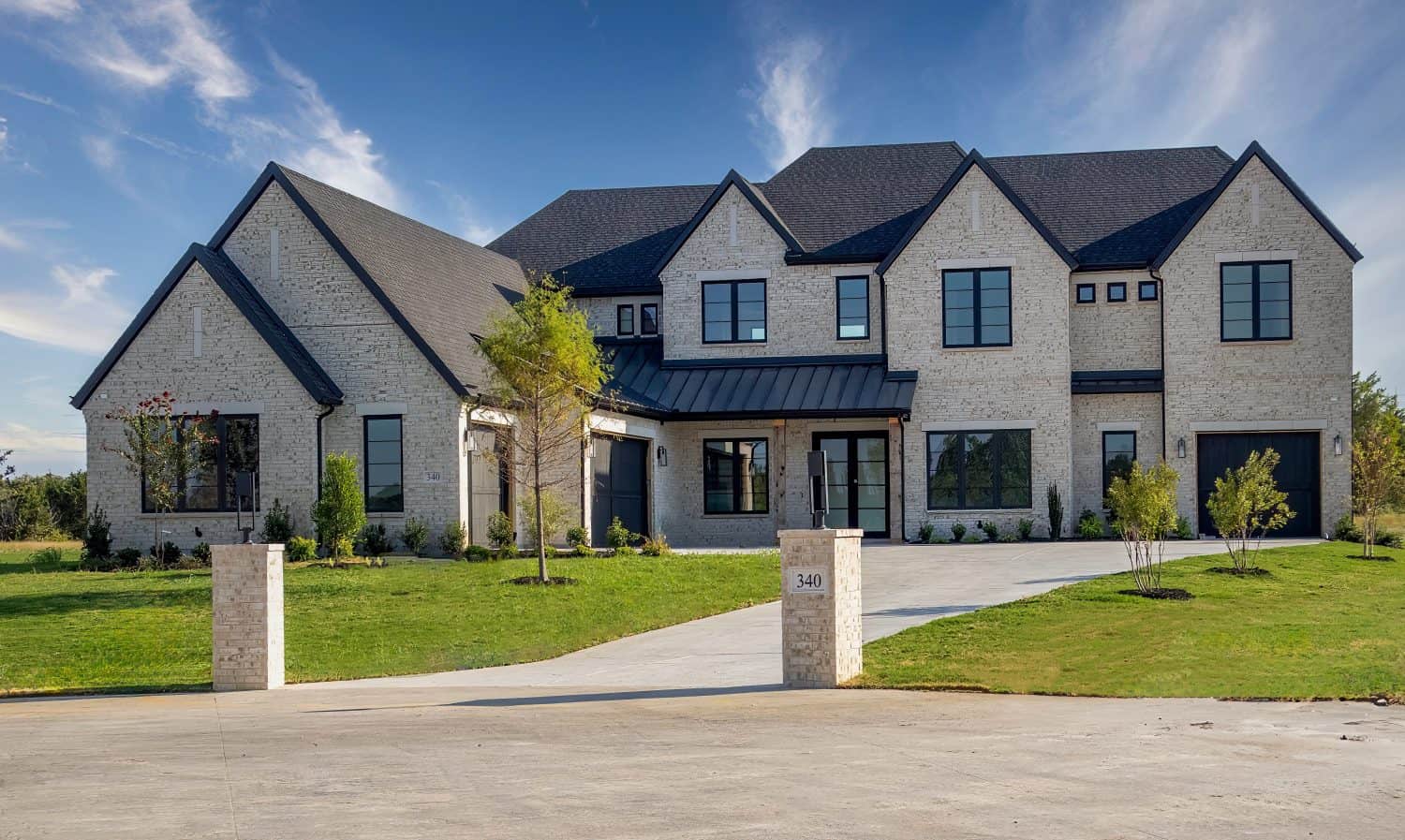
By 2030, it’s expected that the real estate market will account for 5.85 trillion dollars. Everyone is affected by an industry as big as real estate. As you venture out into investments and building personal wealth, a home is a great place to start. At 24/7 Wall Street, we want to make sure you’re making smart decisions when it comes to changing the structure or purpose of a home.
Pros of an Alternative Dwelling Unit

When people think of an alternative dwelling unit, they think of a mother-in-law addition to the home, usually used to house family members or friends. As it becomes harder and harder to find affordable housing in many states, homeowners are now turning to ADUs to make extra money and provide an affordable renting option for other families. There are many benefits to having an ADU, other than providing affordable housing for generational families.
- ADUs allow you to optimize all the space of a traditional American home.
- Younger families can house parents to be close to loved ones and provide care as they age.
- ADUs serve as an income-producing real estate asset – which simply means you can make money off renting it.
- They create more affordable living situations for families with lower incomes with higher occupancy rates.
- If your home is too big, you can turn part of it into an ADU and rent it out rather than downsizing and moving.
- New financing options become more available as ADUs become more popular.
Cons of an Alternative Dwelling Unit

When the housing market stabilizes and Americans can buy more traditional homes or find affordable housing, an ADU becomes less valuable. It’s important that you consider the cons of an ADU before you invest in one.
- Zoning laws in various cities – like requiring the owner to live on the property – can make it a headache to own or build an ADU home.
- In some parts of the country, building an ADU can be as expensive as buying a brand-new home.
- If you build an ADU on your property, the value increases and unfortunately, so do the property taxes.
- There is more “red tape” and hoops to jump through when it comes to building an ADU, especially if your home is in an area with a homeowners association.
- Adding an ADU takes up more space and decreases the livable outdoor space of your property.
Some cities have extremely strict rules on ADUs, as they don’t want to turn into rental communities. Before you even consider an ADU, meet with a representative from your city to discuss the steps to building an ADU.
There are three main types of ADUs, and we’ll discuss the drawbacks and benefits of each.
Benefits and Drawbacks of Attached ADUs
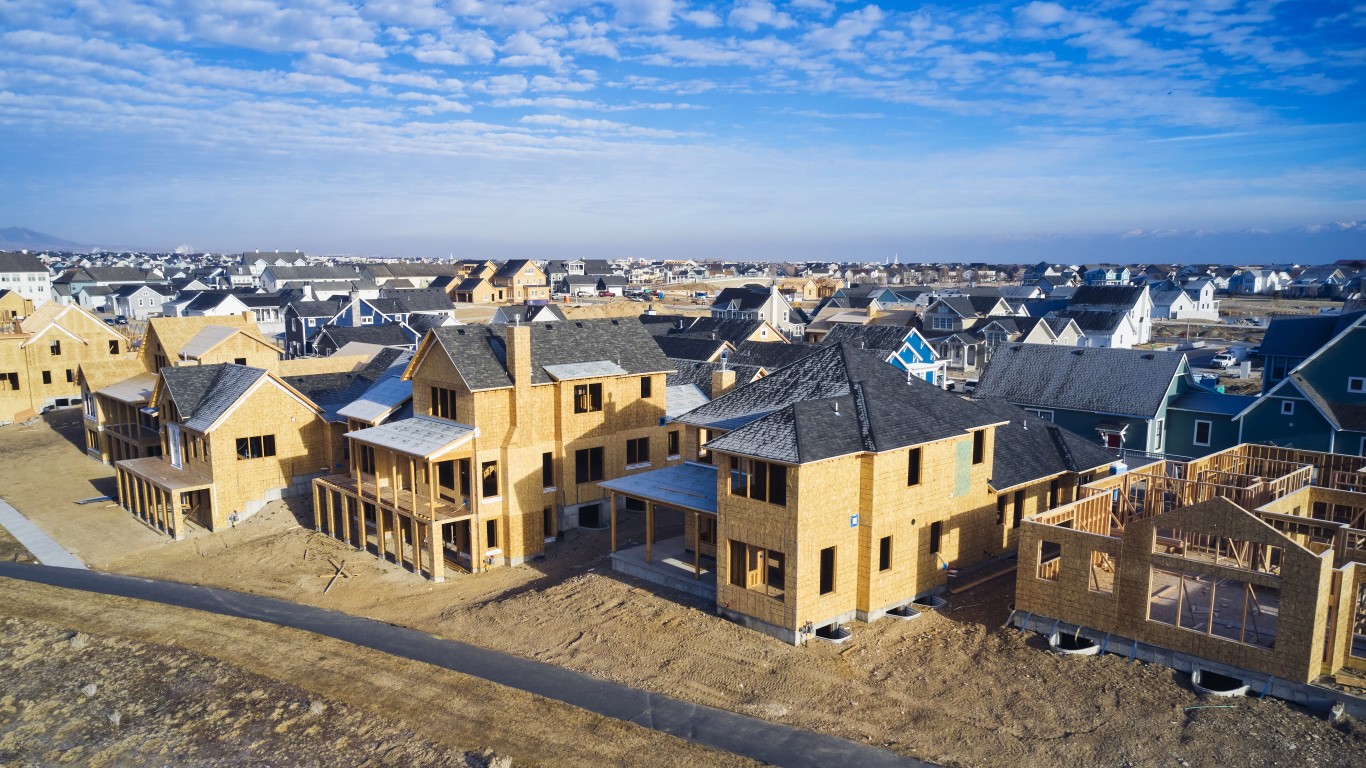
An attached ADU is just a fancy way of adding to your home. This would be an addition that matches the current design and style and increases square footage. It often has a separate entrance completely independent of your living space and can help you maximize outdoor space. Adding an attached ADU typically increases home value.
When your home was built, the engineer wasn’t thinking about building onto it. That means there may be windows or doors in the wrong spot or a roofline that must be changed. All this adds costs to the project. Renting out part of your home to another family does affect your privacy and if the design isn’t done well, it can interrupt the flow of the house.
Benefits and Drawbacks of Detached ADUs
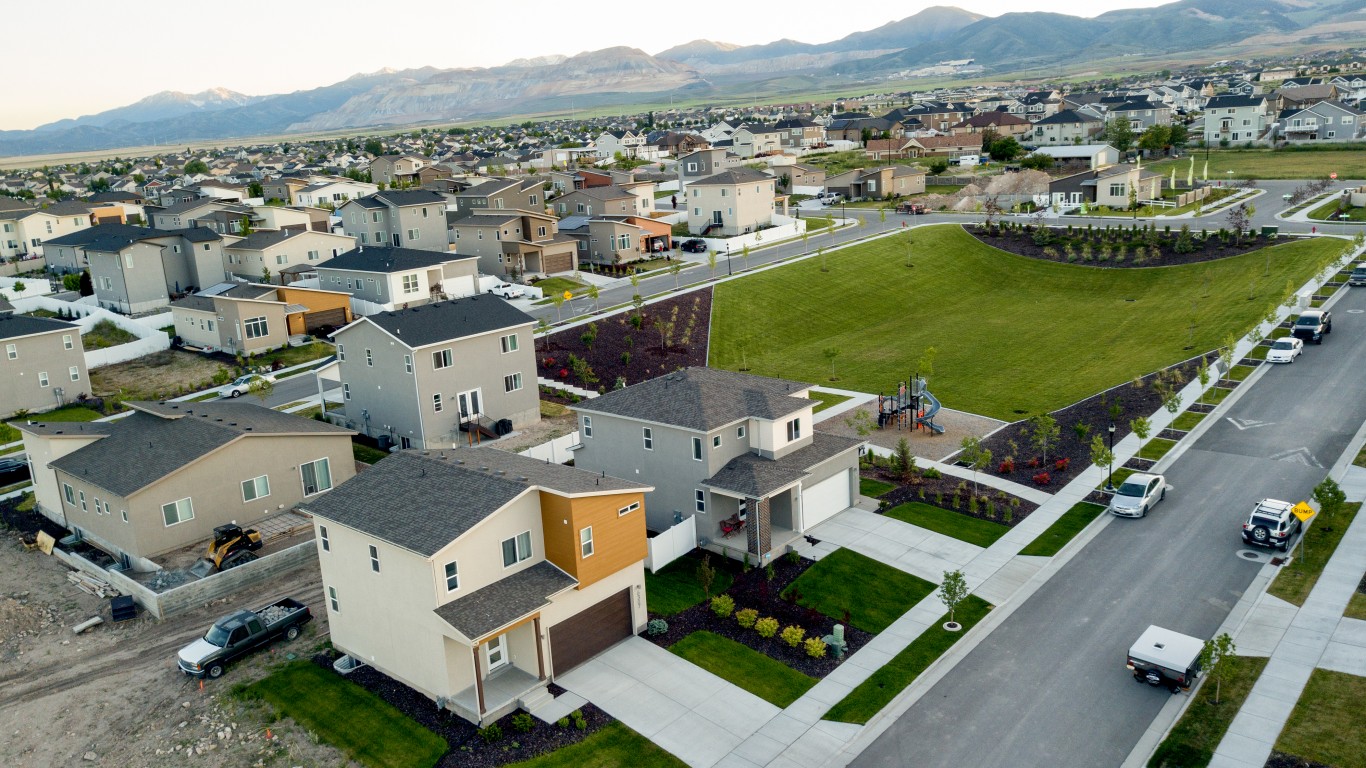
A detached ADU is an entirely separate structure from your home. It can be designed to match the architectural design style of your house, or you can do something completely unique. It’s a standalone structure. Adding a detached ADU gives you more flexibility because you’re basically starting from scratch. You have more freedom when it comes to amenities like bigger bedrooms or a full kitchen.
The downside to a detached ADU is the cost, as you’re essentially constructing an entirely new building. It can also decrease your outdoor living area and make your yard seem smaller. Some zoning laws require that you need additional permits and approvals, and require that your structure is built a certain distance from your neighbors.
Benefits and Drawbacks of Conversion ADUs
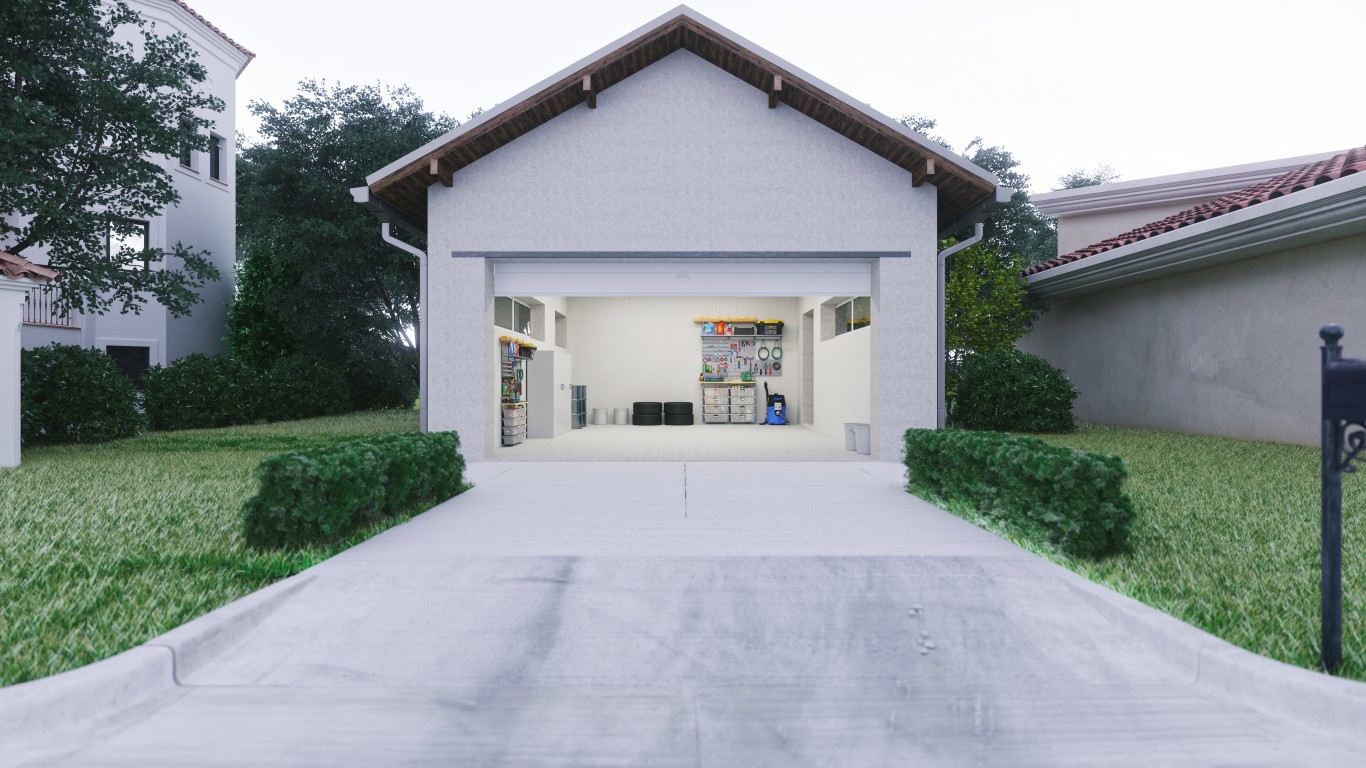
The final type of ADU is a conversion. You can convert a basement, garage or underused room in your house into an ADU in a cost-effective manner. As you already have the bones of the project, it’s easier to plan and design the conversion around the current architecture. It’s less expensive than starting from scratch and is a great way to increase your property value and utilize every square foot of your house. A conversion also preserves your outdoor living space.
The downside is that depending on the condition of the home, a conversion can trigger other problems or code violations that require additional upgrades. If you share interior ceilings or walls with the room, you have less privacy. Construction affects you most with a conversion ADU because it’s done in your home.
Is An ADU a Good Investment?

This is a question only a homeowner can answer, but we have a few questions you can ask yourself to help you determine what your return on investment will be.
- Will I see an increase in my property and home value if I build an ADU?
- Does my city have strict zoning laws about ADUs and renting?
- Do I understand the building codes and how they affect the type of ADU I build?
- Can I afford to build an ADU, or can I get financing to do so?
- Is it a good idea to finance an ADU?
If you have the cash on hand to renovate or build an ADU, that gives you additional freedom. You can also find financing in the form of a renovation loan or a home equity loan. Consider how much the ADU will bring in versus what your monthly payment will be if you finance it.
The First Step to Building an ADU
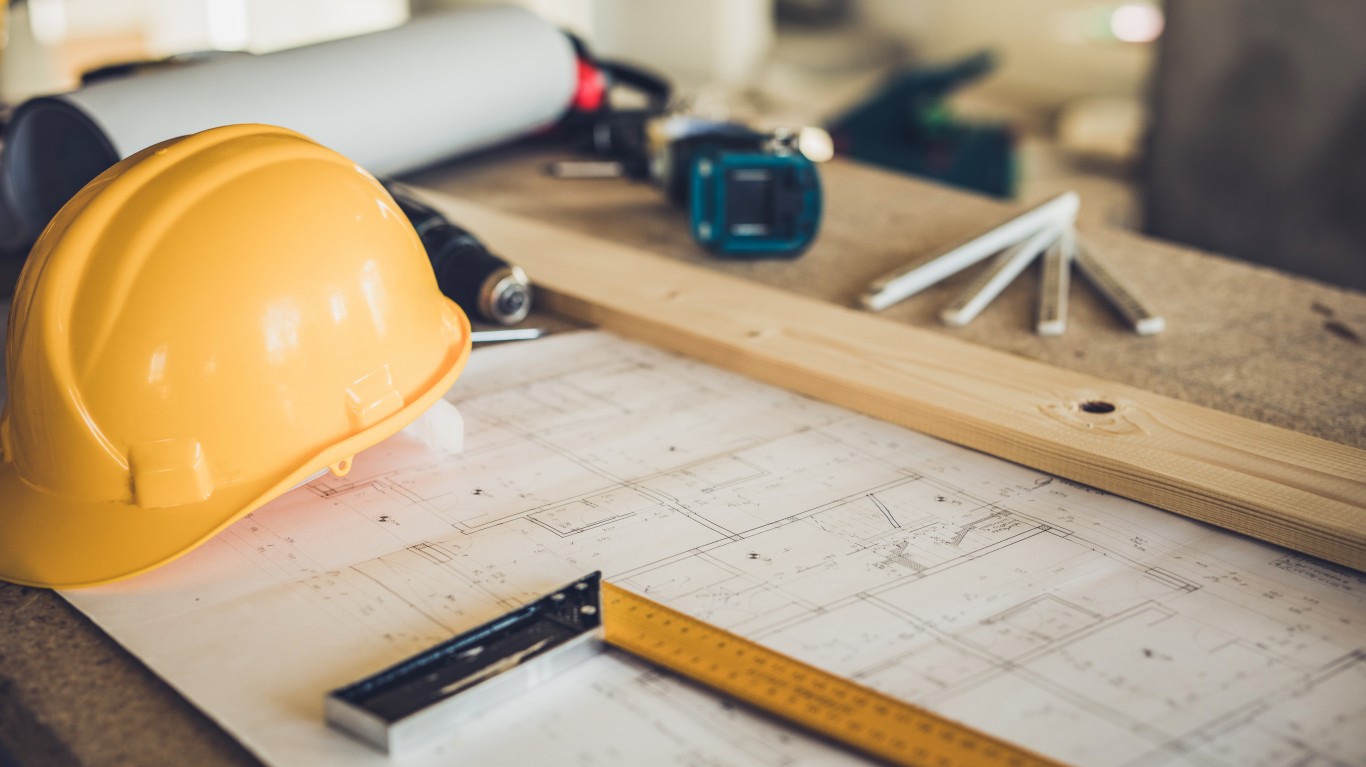
If you’ve decided to move forward with building an ADU or converting space and you have the financing for it, start with your city officials to make sure you have clearance. Once you get the approval, you can start the exciting process of drawing plans and adding to your home. ADUs have proven to be valuable investments to people all over the country and can be a way to bring in extra income for your family too.
Travel Cards Are Getting Too Good To Ignore (sponsored)
Credit card companies are pulling out all the stops, with the issuers are offering insane travel rewards and perks.
We’re talking huge sign-up bonuses, points on every purchase, and benefits like lounge access, travel credits, and free hotel nights. For travelers, these rewards can add up to thousands of dollars in flights, upgrades, and luxury experiences every year.
It’s like getting paid to travel — and it’s available to qualified borrowers who know where to look.
We’ve rounded up some of the best travel credit cards on the market. Click here to see the list. Don’t miss these offers — they won’t be this good forever.
Thank you for reading! Have some feedback for us?
Contact the 24/7 Wall St. editorial team.





